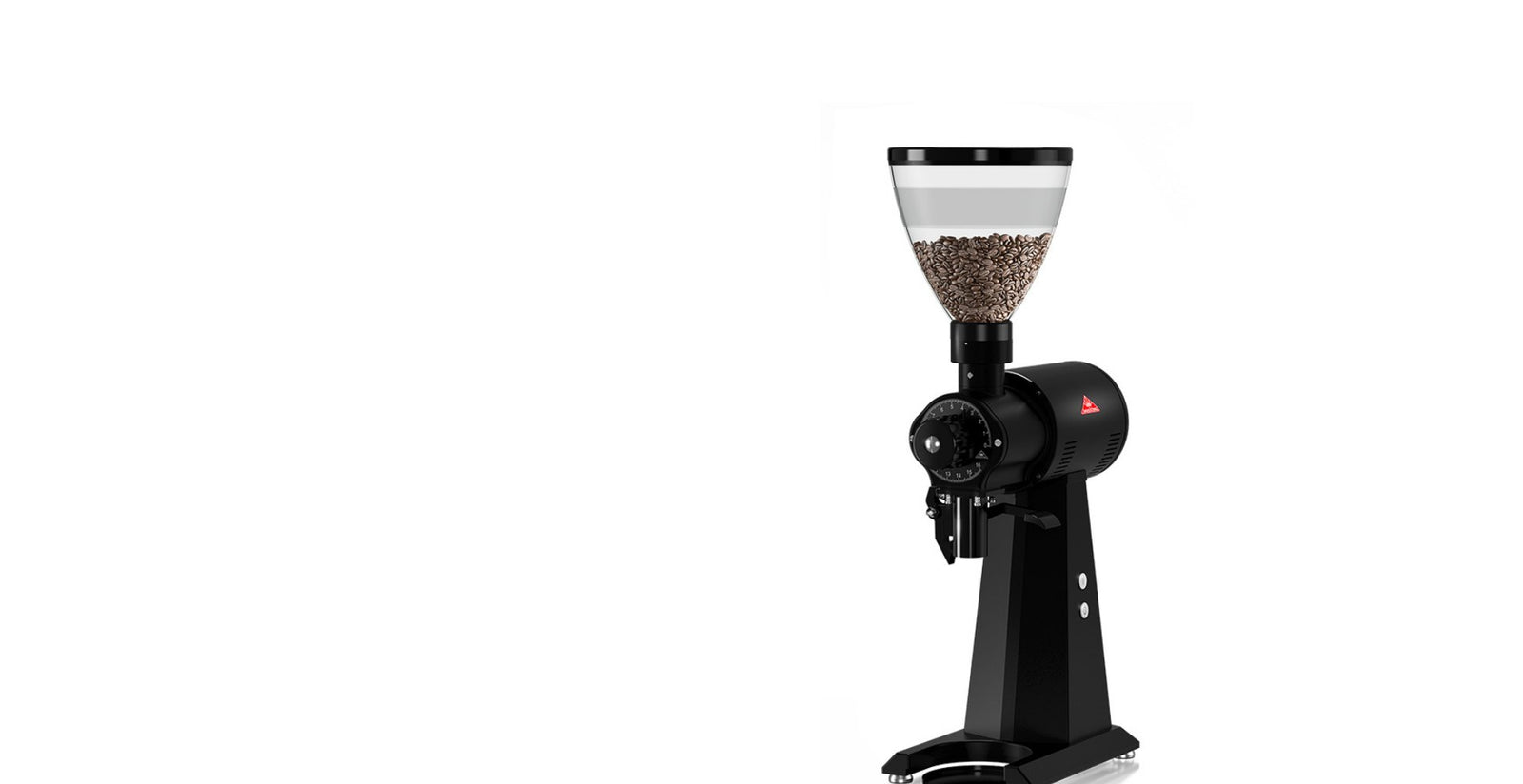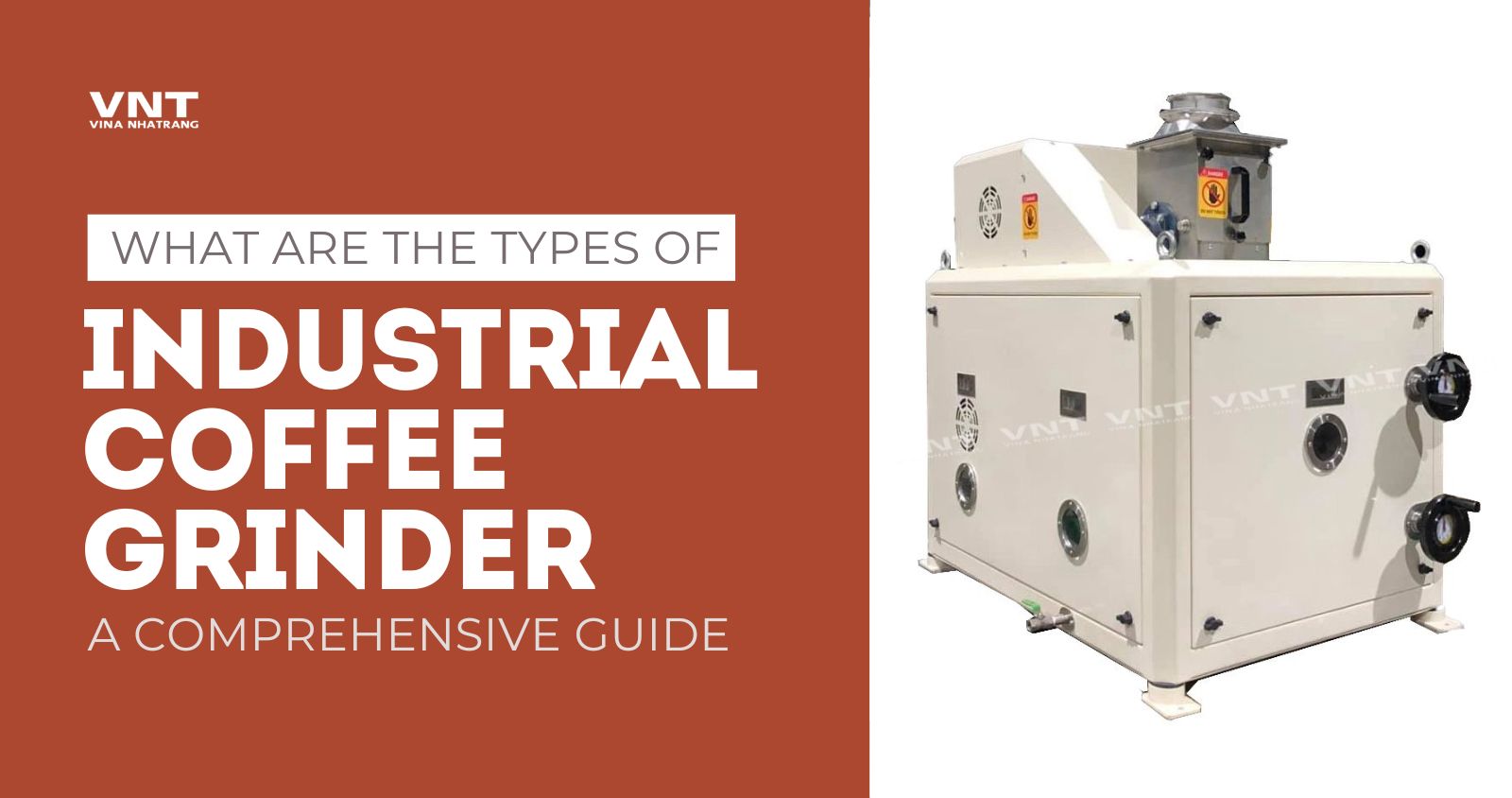Industrial Coffee Grinder Upkeep Suggestions for Extended Life
Wiki Article
Industrial Coffee Grinder Overview: Increase Efficiency and Top Quality
In the affordable landscape of coffee manufacturing, choosing the ideal commercial coffee mill plays an essential duty in improving both performance and product top quality. Understanding the subtleties of numerous mill types and essential functions-- such as customizable grind setups and durable building and construction-- can dramatically affect the last taste account of the coffee.Recognizing Mill Types
When choosing an industrial coffee mill, recognizing the numerous types available is vital for enhancing both flavor extraction and functional performance. The 2 main sorts of mills are blade mills and burr grinders. Blade mills use sharp blades that chop coffee beans right into irregular sizes, resulting in uneven removal and possibly undesirable flavors. While blade mills are commonly much more inexpensive and suitable for small operations, they are normally not suggested for industrial use.
Ultimately, choosing the best sort of mill is important to maintaining high quality and efficiency in coffee production, making it vital for businesses to invest in high-grade burr grinders for ideal outcomes.
Trick Functions to Take Into Consideration
Selecting an industrial coffee mill calls for careful consideration of numerous vital features that can substantially affect both efficiency and the overall coffee experience. One of the primary elements to examine is the grinding device. Burr mills are generally preferred over blade grinders, as they offer a consistent work size, which is crucial for optimal extraction and flavor.An additional essential attribute is the mill's capability. A flexible grinder with several settings allows you to tailor the grind size to various developing techniques, improving the coffee's flavor profile.
The building material additionally plays a role in sturdiness and maintenance. Stainless steel components frequently offer longevity and are easier to clean, which is important for maintaining health requirements. Assess the mill's noise degree, particularly in a busy coffee shop or manufacturing environment, where extreme sound can be turbulent. Investing in a mill that balances these attributes can substantially improve both functional effectiveness and the quality of the coffee served.
Optimizing Grinding Refine
To accomplish the very best lead to coffee preparation, optimizing the grinding procedure is necessary. The grind dimension considerably affects extraction, flavor, and general quality of the brewed coffee. Various developing methods need certain grind sizes; for example, coffee demands a fine grind, while French press demands a crude texture. Comprehending the partnership in between grind size and brewing technique is the very first step in optimization.


Furthermore, monitoring the grinding speed can enhance the process. Slower grinding commonly produces much less warmth, protecting fragile flavors and scents. On the other hand, much faster grinding might produce excessive warmth, adversely affecting the coffee's top click this link quality.
Maintenance and Treatment Tips
Proper upkeep and treatment of industrial coffee mills are essential for guaranteeing ideal performance and long life. Regular cleansing is the structure of upkeep; residue accumulation can influence flavor and grinding performance. It is recommended to clean up the grinder after each use, wiping down the outside and getting rid of any kind of coffee premises from the burrs.Additionally, examine the grinding burrs for wear and tear. Plain burrs can jeopardize grind uniformity, so they ought to be replaced as essential. Industrial Coffee Grinder. Regularly calibrating the mill is likewise essential, as this maintains the wanted grind dimension for various brewing approaches
Lubrication of moving components ought to be performed according to the maker's specs, as this lowers friction and lengthens the life of the devices. It is necessary to make use of food-grade lubes to ensure safety and security and compliance with health and wellness regulations.
Last but not least, keep the mill in a dry and steady setting to avoid corrosion and rust. By sticking to these maintenance and treatment tips, drivers can enhance the performance of their commercial coffee grinders while making certain premium result and extended operational life.
Return on Financial Investment Evaluation
Assessing the return on financial investment (ROI) for commercial coffee mills is essential for services looking for to maximize their coffee manufacturing capabilities. An extensive ROI evaluation aids establish the economic practicality of purchasing premium mills, permitting organizations to consider the first prices versus possible gains.To perform a thorough ROI evaluation, organizations need to consider numerous essential variables. Analyze the acquisition cost of the grinder, including installment and any kind of essential modifications to existing infrastructure. Next, compute functional expenses, including energy intake, upkeep expenses, and labor efficiency renovations. High-performance mills typically result in reduced grinding time and raised throughput, which can dramatically improve productivity.
Furthermore, take into consideration the influence on product top quality. Industrial Coffee Grinder. Superior grinders generate a more consistent grind dimension, which can enhance taste profiles and customer contentment, eventually driving sales. By increasing the top quality of the last item, services can justify greater pricing, bring about enhanced earnings
Conclusion
In recap, an industrial coffee mill plays a pivotal duty in enhancing both performance and product high quality within coffee manufacturing. By choosing top quality burr mills geared up with necessary features such as visit this page adjustable work setups and resilient building and construction, companies can make sure optimum flavor extraction. Moreover, normal upkeep is crucial for sustaining mill efficiency and taking full advantage of client contentment. Inevitably, the strategic investment in a trustworthy mill adds dramatically to like this improved revenue and competitiveness in the coffee industry.In the affordable landscape of coffee manufacturing, choosing the best industrial coffee mill plays a pivotal duty in boosting both effectiveness and product quality. The two primary kinds of mills are blade grinders and burr grinders. Within the burr mill classification, there are flat burr grinders and conelike burr grinders, each with its advantages. Burr mills are normally liked over blade grinders, as they provide a regular grind size, which is essential for optimum removal and flavor.
In recap, a commercial coffee grinder plays a crucial function in enhancing both performance and item quality within coffee manufacturing.
Report this wiki page